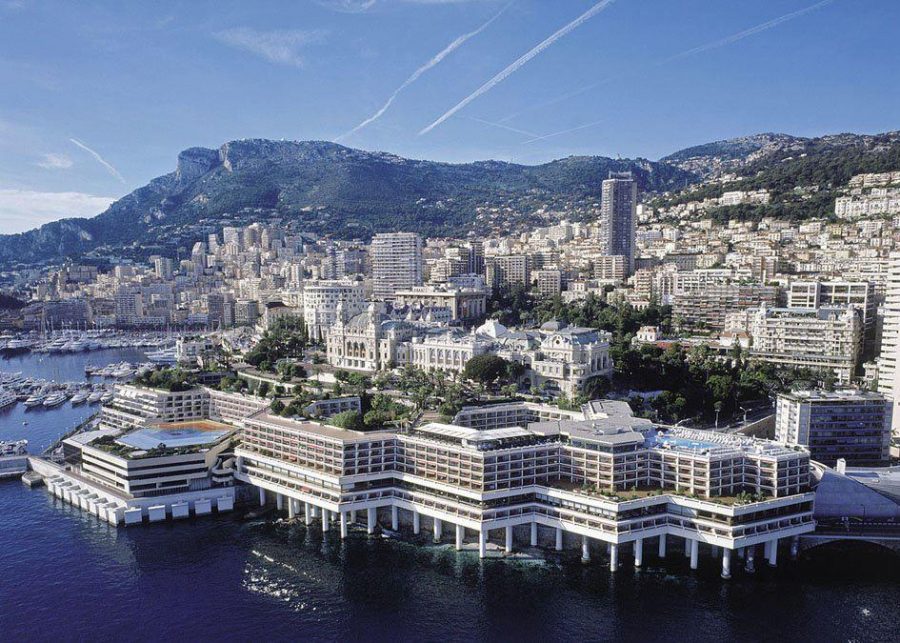Government representatives, business leaders and officials from free and special economic zone nations around the world have come together for the first Su-MEET conference in Monaco.
Held in the Crystal Room at the Fairmont Hotel, the two day event organised by the World Federation of Free and Special Economic Zones (FEMOZA) with the full cooperation of the UN Industrial Development Organisation (UNIDO) met from 13th to 15th November and brought together developers from Special Economic Zones (SEZ) and investors for meetings, networking opportunities and round table discussions under the theme ‘Past, Present & Future of Free and Special Economic Zones’.
The Su-MEET summit focused heavily on the One Belt One Road policy initiated by Chinese President Xi Jinping, which encourages the use of green working environments, digital transition policies and flexible labour standards that accommodate a simplified transfer of technology.
Talks also highlighted successful cities, new activities to the zones, real estate opportunities, outsourcing, manufacturing procedures and banking services. Additionally, it was a forum for asking and answering questions and bridging gaps in knowledge with regard to how things work in these special zones.
FEMOZA President Juan Torres, a Barcelona native, has been an advisor on international trade, free zones and export processing zones since 1986. His underlying desire to create this event was to bring together professionals from the Free and Special Zones to formally sign agreements in a single place. He looked to Monaco as a good fit due to its position as a financial centre and its special financial status.
A Free and Special Economic Zone is an area within the borders of a country that adhere to their own set of business and trade laws, differing from the rest of their country. The goals of this type of set up is to increase the trade balance and investment, create jobs and streamline administration. Currently, there are upward of 1,800 of these areas in existence.
Incentives are given to encourage companies to enter these zone agreements such as special taxation, trade, customs and quota benefits, as well as different regulations pertaining to labour.
